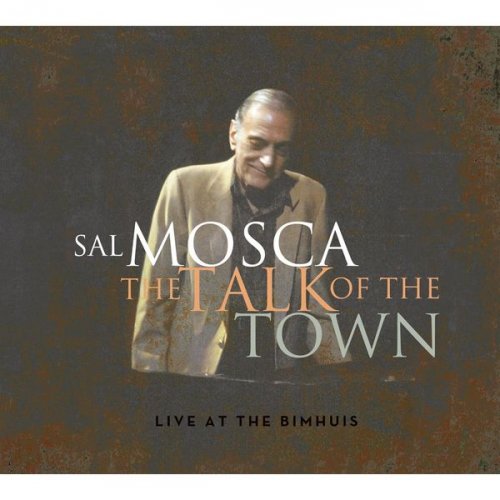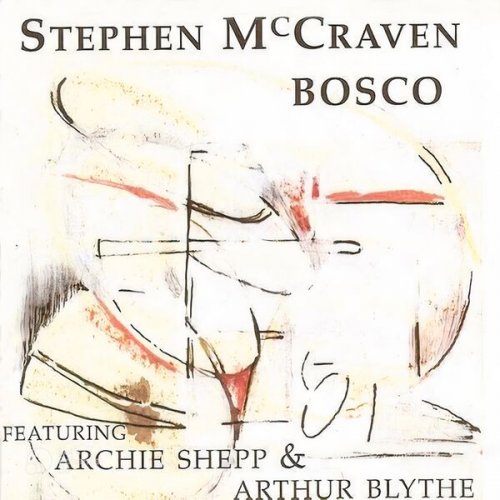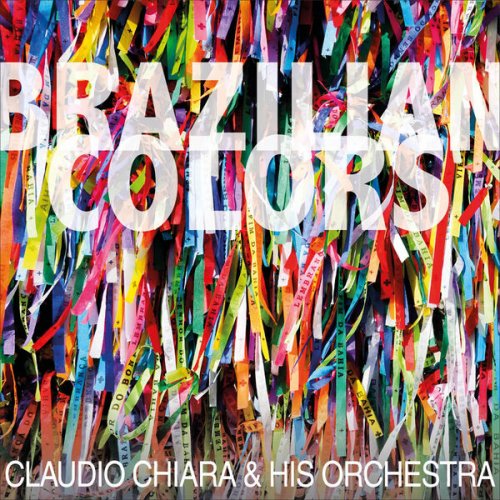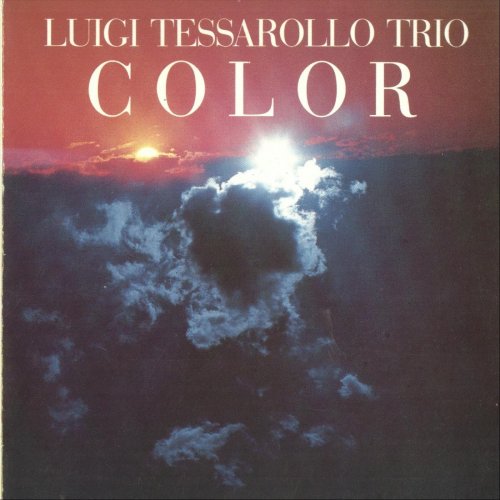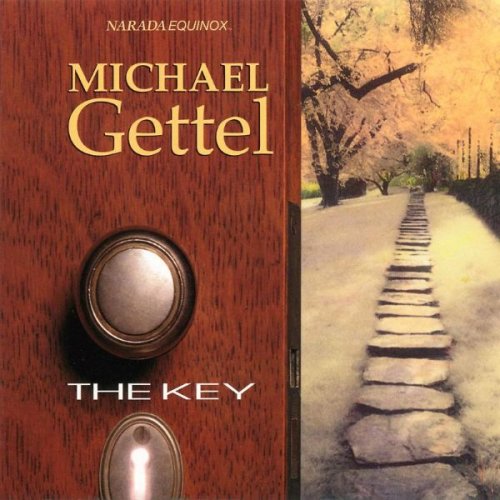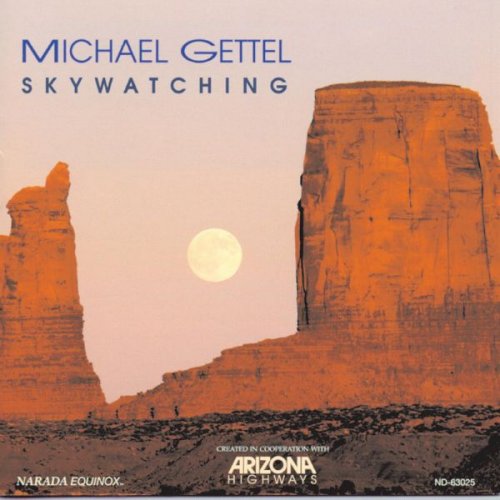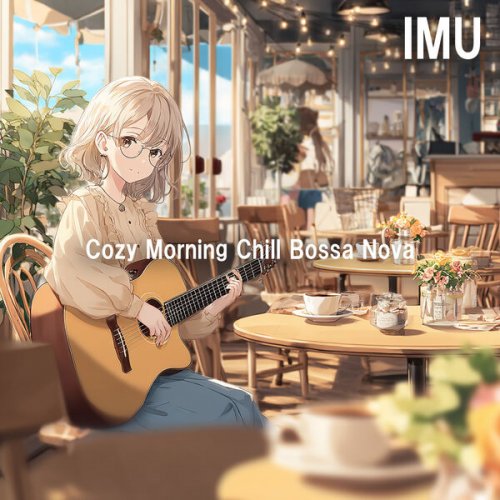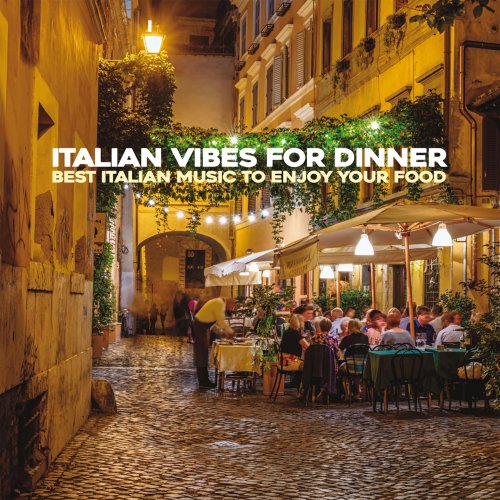Deborah Gonsalves, Berthold Hamburger - Entangled Strings: Martinu, Glière, Jaffé & Schulhoff (2024) [Hi-Res]
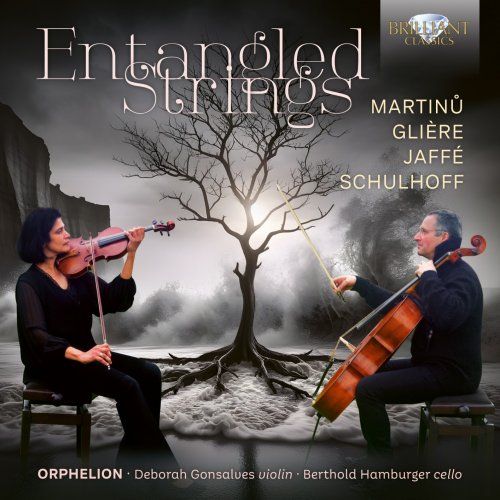
Artist: Deborah Gonsalves, Berthold Hamburger
Title: Entangled Strings: Martinu, Glière, Jaffé & Schulhoff
Year Of Release: 2024
Label: Brilliant Classics
Genre: Classical
Quality: flac lossless (tracks) / flac 24bits - 96.0kHz +Booklet
Total Time: 01:03:58
Total Size: 352 mb / 1.26 gb
WebSite: Album Preview
TracklistTitle: Entangled Strings: Martinu, Glière, Jaffé & Schulhoff
Year Of Release: 2024
Label: Brilliant Classics
Genre: Classical
Quality: flac lossless (tracks) / flac 24bits - 96.0kHz +Booklet
Total Time: 01:03:58
Total Size: 352 mb / 1.26 gb
WebSite: Album Preview
01. Martinu Duo No. 1, H.157 I. Preludium
02. Martinu Duo No. 1, H.157 II. Rondo
03. Gliere 8 Morceaux, Op. 39 I. Prelude
04. Gliere 8 Morceaux, Op. 39 II. Gavotte
05. Gliere 8 Morceaux, Op. 39 III. Berceuse
06. Gliere 8 Morceaux, Op. 39 IV. Canzonetta
07. Gliere 8 Morceaux, Op. 39 V. Intermezzo
08. Gliere 8 Morceaux, Op. 39 VI. Impromptu
09. Gliere 8 Morceaux, Op. 39 VII. Scherzo
10. Gliere 8 Morceaux, Op. 39 VIII. Etude
11. Jaffe Die Letzten Tage, Op. 10 I. Senza Denominazione
12. Jaffe Die Letzten Tage, Op. 10 II. Infernale furioso Feroce
13. Jaffe Die Letzten Tage, Op. 10 III. Serena scorrevole Chiaro
14. Jaffe Die Letzten Tage, Op. 10 IV. Gemere molto Espressivo
15. Schulhoff Duo, WV 74 I. Moderato
16. Schulhoff Duo, WV 74 II. Zingaresca, allegro Giocoso
17. Schulhoff Duo, WV 74 III. Andantino
18. Schulhoff Duo, WV 74 IV. Moderato, allegro, presto Fanatico
A unique recital of 20th-century chamber music, essentially melodic but expressively rich, woven seamlessly together by a Spanish-based duo.
In the 20th century, many composers embraced the unique combination of the violin and cello, producing a diverse and captivating repertoire. Deborah Gonsalves and Berthold Hamburger take the listener on an engaging journey from Reinhold Glière’s post-romantic Huit Morceaux for violin and cello (1909), Bohuslav Martinů’s folk-influenced Duo No.1 (1927) to Erwin Schulhoff’s avant-garde Duo (1925) and Don Jaffé’s moving autobiographical suite, The Last Days (2000).
These compositions showcase the immense artistic possibilities offered by the juxtaposition of the violin’s virtuosity with the cello’s depth of sound. Similarly, the duo repertoire of the 20th century shows the evolution of musical language as composers introduced special playing techniques, unconventional harmonies, and rhythmic complexity, pushing the boundaries of tradition.
While Gliere, Martinu and Schulhoff are all established names, these works for violin and cello have not received the attention they deserve. They are all products of their composers’ full maturity, and perhaps it is only a reluctance on the part of performers and listeners to embrace the possibilities of the violin-cello combination that has prevented them becoming much better known. In each case, the composers demonstrate that no piano is required to anchor the string instruments, when the imagination is fired up, the melodies are firmly shaped and the dialogue engaging.
The case of Don Jaffé is different: born in 1933 in Riga, of Jewish descent, he eventually became renowned as one of the foremost cello teachers in the former Soviet Union. However, finding postwar Soviet culture hardly less anti-Semitic than the Nazi regime, he emigrated to Israel and later moved to Germany. He only began composing late in life: this four-movement duo draws on the composer’s experience of observing a close friend’s painful battle with a terminal illness.
Deborah Gonsalves and Berthold Hamburger are colleagues in the Symphony Orchestra of Galicia; as Orphelion, they have toured festivals across Europe and in India, Japan, and South America.
In the 20th century, several composers embraced the combination of the violin and cello, producing a diverse and attractive repertoire for this ensemble. From Reinhold Glière’s (1875-1956) post-romantic Duos for violin and cello "Huit Morceaux", Bohuslav Martinů’s (1890-1959) folkloristic Duo Nº.1 to Erwin Schulhoff’s (1894-1942) avant-garde Duo (1925) and Don Jaffé’s (b. 1933) autobiographic "The final days", these compositions show the artistic possibilities offered by the rich combination of the violin’s virtuosity with the cello’s depth of sound. Similarly, the duo repertoire of the 20th century shows the evolution of musical language as composers introduced special playing techniques, unconventional harmonies, and rhythmic complexity, pushing the boundaries of tradition.
Played by the ensemble Orphelion, consisting of Deborah Gonsalves (violin) and Berthold Hamburger (cello).
